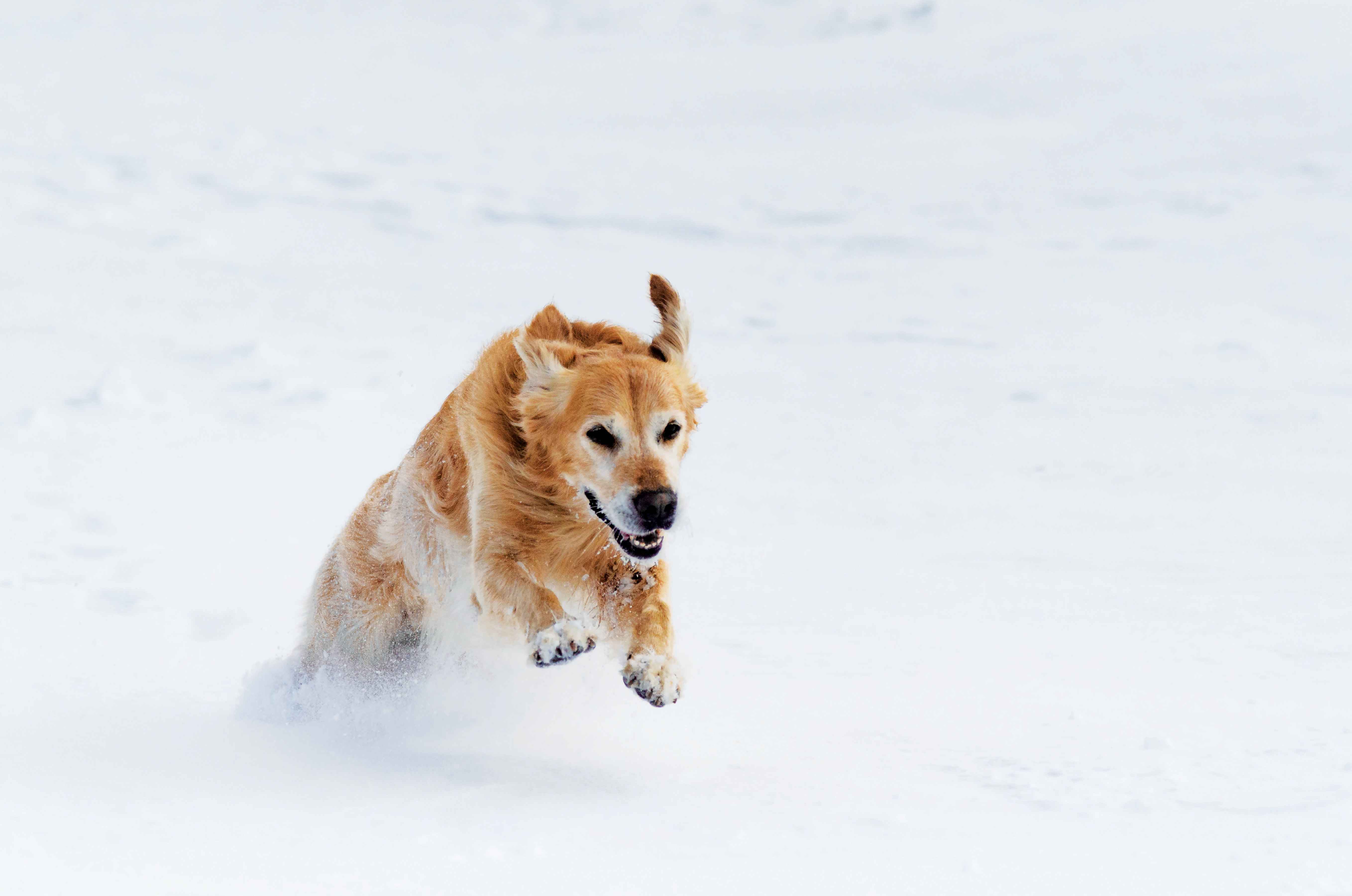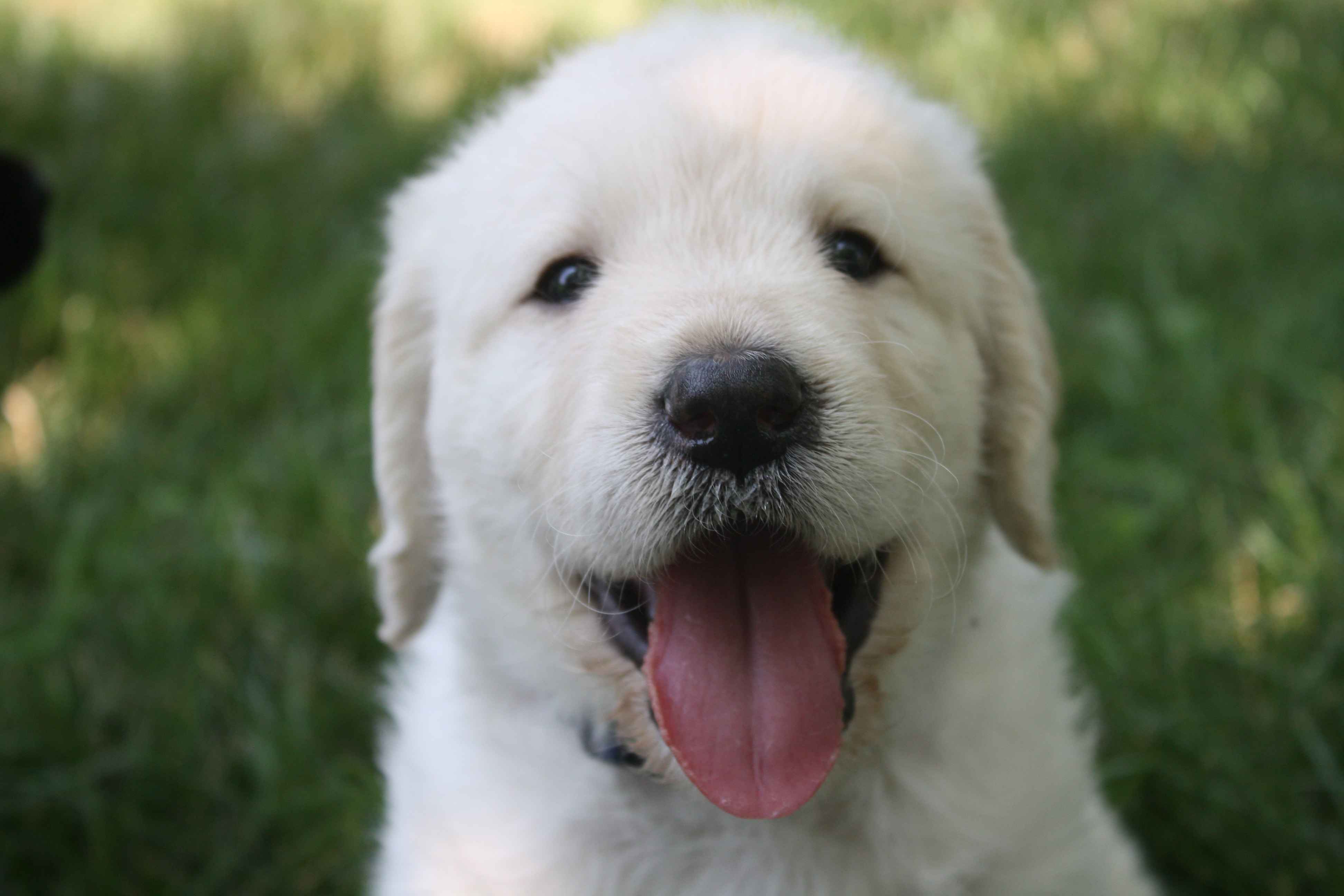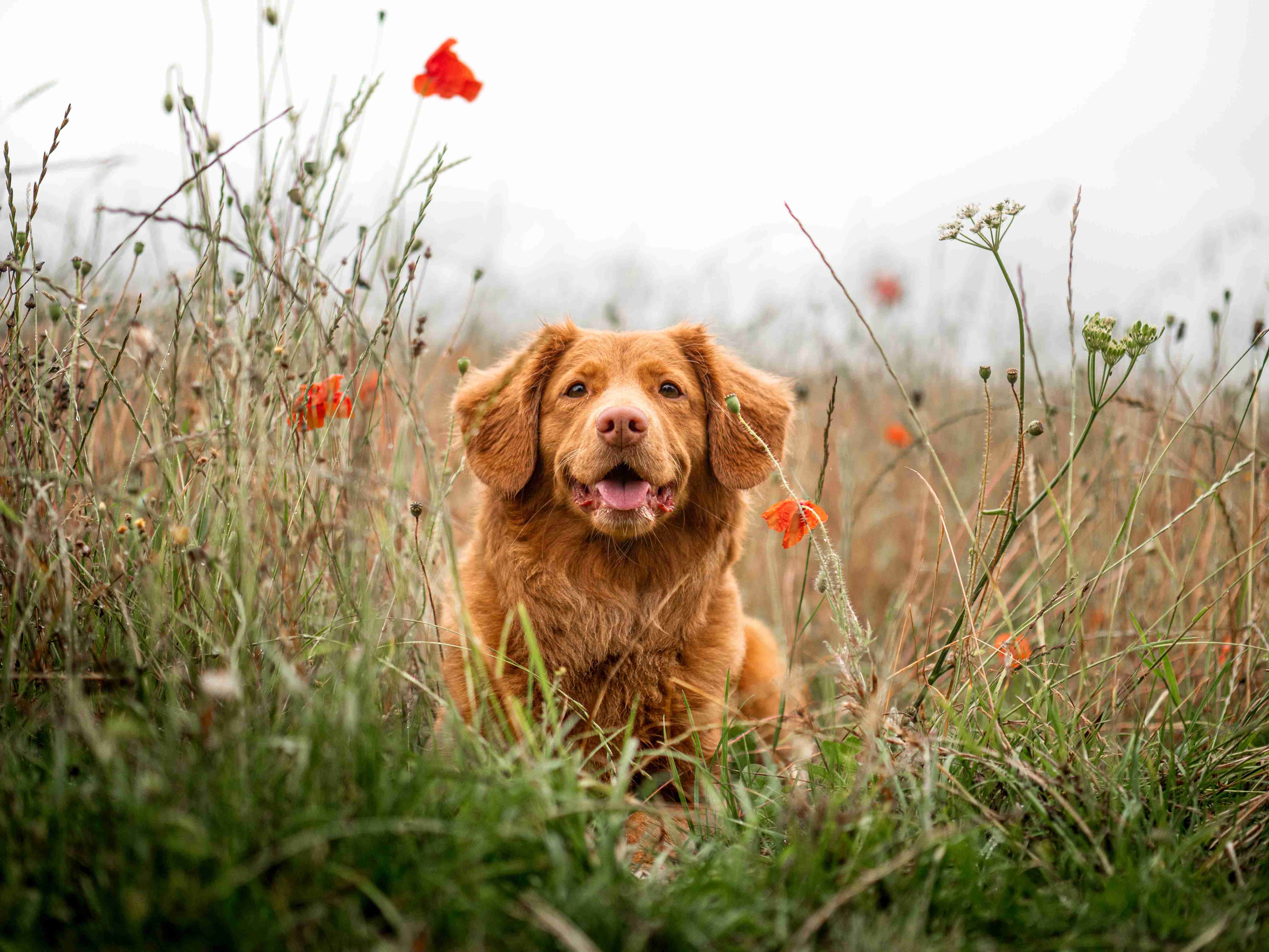Golden Retrievers are known for being friendly, loyal, and social dogs. They are often seen as the perfect family pet due to their gentle nature and love for human interaction. However, just like humans, dogs can also experience anxiety and fear. As a Golden Retriever owner, it is important to be aware of the signs of anxiety and fear in your furry friend. In this blog post, we will discuss some of the most common signs of anxiety and fear in Golden Retrievers, as well as some tips on how to help your dog cope with these emotions. So, let’s dive in and learn more about Golden Retriever anxiety.
Golden Retrievers are one of the most beloved dog breeds in the world, known for their friendly and affectionate nature. However, just like humans, dogs can experience anxiety and fear. As a responsible dog owner, it is important to recognize the signs of anxiety and fear in your Golden Retriever. Here are some of the most common signs to watch out for:
1. Trembling or shaking
When a Golden Retriever is anxious or fearful, they may start to tremble or shake. This can be a subtle quivering or a more obvious shaking of the entire body.
2. Excessive drooling
An anxious Golden Retriever may start to drool excessively, even when there is no food around. This is a sign of stress and can also lead to dehydration.
3. Panting or rapid breathing
Anxiety can cause a Golden Retriever to pant or breathe rapidly, even when they haven’t been exercising. This is a sign that your dog is feeling stressed and may need some extra attention and care.

4. Hiding or avoidance
When a Golden Retriever is anxious or fearful, they may try to hide or avoid certain situations. This can include hiding under furniture, avoiding eye contact, or simply retreating to a quiet corner of the room.
5. Aggression or destructive behavior
In some cases, anxiety can cause a Golden Retriever to become aggressive or exhibit destructive behavior. This can include barking, growling, biting, or chewing on furniture or other objects.
6. Loss of appetite
An anxious Golden Retriever may lose their appetite or refuse to eat. This can be a sign of stress or anxiety and may require a visit to the vet.
If you notice any of these signs in your Golden Retriever, it is important to take action to help them feel more comfortable and secure. This may include providing a safe and quiet space for them to retreat to, offering extra attention and affection, or seeking the help of a professional dog trainer or behaviorist.
Remember, your Golden Retriever depends on you to provide a safe and loving environment. By recognizing the signs of anxiety and fear, you can help your furry friend feel more comfortable and happy. With patience, love, and a little bit of extra care, you can help your Golden Retriever overcome their anxiety and live a happy and healthy life.
In conclusion, as a pet owner, it is crucial to understand your Golden Retriever’s body language and behavior to recognize the signs of anxiety and fear. By identifying these signs early, you can take necessary steps to help your furry friend overcome their fears and anxieties. Remember, with patience, understanding, and proper training, you can help your Golden Retriever live a happy and anxiety-free life. So, stay vigilant, be patient, and give your furry friend all the love and support they need to thrive.








%20-%20Copy.jpg)